
Cyril M. Kornbluth was an American science fiction author and a member of the Futurians. He used a variety of pen-names, including Cecil Corwin, S. D. Gottesman, Edward J. Bellin, Kenneth Falconer, Walter C. Davies, Simon Eisner, Jordan Park, Arthur Cooke, Paul Dennis Lavond, and Scott Mariner.
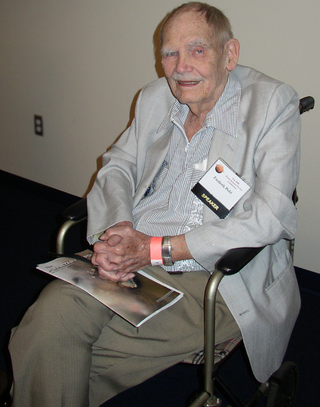
Frederik George Pohl Jr. was an American science-fiction writer, editor, and fan, with a career spanning nearly 75 years—from his first published work, the 1937 poem "Elegy to a Dead Satellite: Luna", to the 2011 novel All the Lives He Led.

The Fountains of Paradise is a 1979 science fiction novel by British writer Arthur C. Clarke. Set in the 22nd century, it describes the construction of a space elevator. This "orbital tower" is a giant structure rising from the ground and linking with a satellite in geostationary orbit at the height of approximately 36,000 kilometers. Such a structure would be used to raise payloads to orbit without the expense of using rockets. The novel won both the Hugo and Nebula Awards for Best Novel.
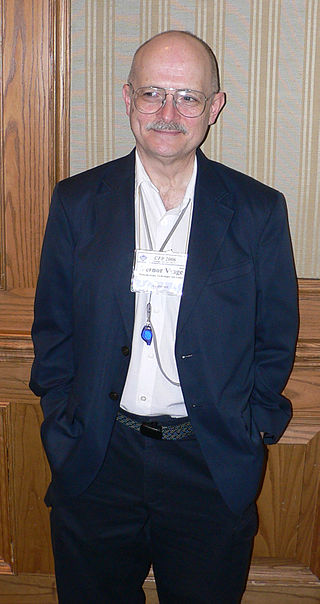
Vernor Steffen Vinge is an American science fiction author and retired professor. He taught mathematics and computer science at San Diego State University. He is the first wide-scale popularizer of the technological singularity concept and among the first authors to present a fictional "cyberspace". He has won the Hugo Award for his novels A Fire Upon the Deep (1992), A Deepness in the Sky (1999), Rainbows End (2006), and novellas Fast Times at Fairmont High (2002), and The Cookie Monster (2004).

Philip José Farmer was an American author known for his science fiction and fantasy novels and short stories.
The Heechee Saga, also known as the Gateway series, is a series of science fiction novels and short stories by Frederik Pohl. The Heechee are an advanced alien race that visited the Solar System hundreds of millennia ago and then mysteriously disappeared. They left behind bases containing artifacts, including working starships, which are discovered and exploited by humanity.
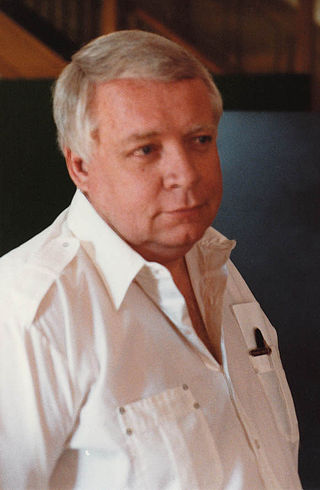
Algirdas Jonas "Algis" Budrys was a Lithuanian-American science fiction author, editor, and critic. He was also known under the pen names Frank Mason, Alger Rome, John A. Sentry, William Scarff, and Paul Janvier. He is known for the influential 1960 novel Rogue Moon.
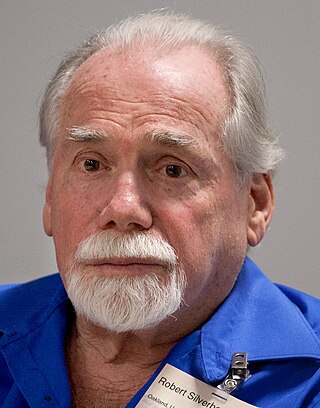
Robert Silverberg is an American author and editor, best known for writing science fiction. He is a multiple winner of both Hugo and Nebula Awards, a member of the Science Fiction and Fantasy Hall of Fame, and a Grand Master of SF. He has attended every Hugo Award ceremony since the inaugural event in 1953.
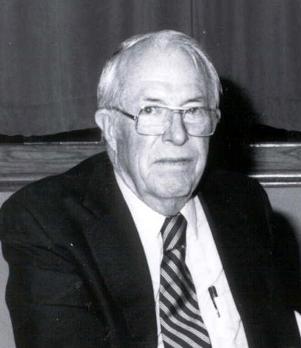
John Stewart Williamson, who wrote as Jack Williamson, was an American science fiction writer, one of several called the "Dean of Science Fiction". He is also credited with one of the first uses of the term genetic engineering. Early in his career he sometimes used the pseudonyms Will Stewart and Nils O. Sonderlund.

Frederik Pohl's Gateway is a 1992 interactive fiction video game released by Legend Entertainment, and written by Glen Dahlgren and Mike Verdu. It is based on Frederik Pohl's Heechee universe. It was followed by a sequel Gateway II: Homeworld, in 1993.

Ian McDonald is a British science fiction novelist, living in Belfast. His themes include nanotechnology, postcyberpunk settings, and the impact of rapid social and technological change on non-Western societies.

Man Plus is a 1976 science fiction novel by American writer Frederik Pohl. It won the Nebula Award for Best Novel in 1976, was nominated for the Hugo and Campbell Awards, and placed third in the annual Locus Poll in 1977. The story is about a cyborg, Roger Torraway, who is designed to operate in the harsh Martian environment so that humans can colonize Mars.

Gateway is a 1977 science-fiction novel by American writer Frederik Pohl. It is the opening novel in the Heechee saga, with four sequels that followed. Gateway won the 1978 Hugo Award for Best Novel, the 1978 Locus Award for Best Novel, the 1977 Nebula Award for Best Novel, and the 1978 John W. Campbell Memorial Award for Best Science Fiction Novel. The novel was adapted into a computer game in 1992.

Heechee Rendezvous is a science fiction novel by the American writer Frederik Pohl, published in 1984 by the Del Rey imprint of Ballantine Books. It is a sequel to Gateway (1977) and Beyond the Blue Event Horizon (1981) and is set about three decades after Gateway. It has been cataloged as the third book in a six-book series called Heechee or The Heechee Saga but Kirkus reviewed it as completing a trilogy and a German-language edition of the three books was published as the Gateway trilogy after all six were out.

The Last Theorem is a 2008 science fiction novel by Arthur C. Clarke and Frederik Pohl. It was first published in the United Kingdom by HarperVoyager in July 2008, and in the United States by Del Rey Books in August 2008. The book is about a young Sri Lankan mathematician who finds a short proof of Fermat's Last Theorem, while an alien invasion of Earth is in progress.

Black Star Rising, published in 1986, is a dystopian science fiction novel by American author Frederik Pohl. It is about a post-nuclear war future in which a conquered United States becomes a Chinese farming colony. The main character is an American who the Chinese send to meet a race of warlike aliens who come to Earth.

"The Gold at the Starbow's End" is a science fiction novella by American writer Frederik Pohl. Originally published in the March 1972 issue of Analog Science Fiction/Science Fact, it was nominated for both the 1973 Hugo Award for Best Novella and the 1973 Nebula Award for Best Novella. It did win the 1973 Locus Award for Best Novella.
This is an incomplete list of works by American space opera and science fiction author Frederik Pohl, including co-authored works.
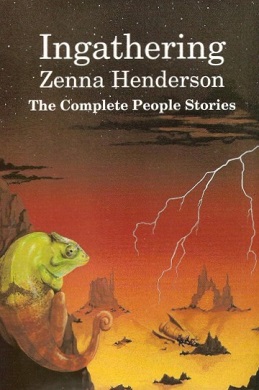
Ingathering: The Complete People Stories, also known as Ingathering: The Complete People Stories of Zenna Henderson, is a 1995 collection of science fiction stories by American science fiction and fantasy author Zenna Henderson. It was edited by Mark L. Olson and Priscilla Olson and published in Massachusetts by the New England Science Fiction Association's NESFA Press as part of their "Choice series". The book contains all seventeen stories Henderson wrote about the People, a group of benevolent humanoid aliens stranded on Earth and struggling to fit in.
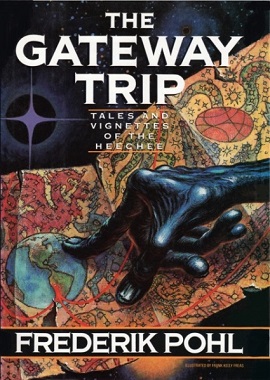
The Gateway Trip is a collection of science fiction "tales and vignettes", including a novella, by the American writer Frederik Pohl. It was published in 1990 by Del Rey Books. It involves one of Pohl's recurring creations, the Heechee universe. The Heechee are a fictional alien race which developed advanced technologies, including interstellar space travel, but then disappeared.

















